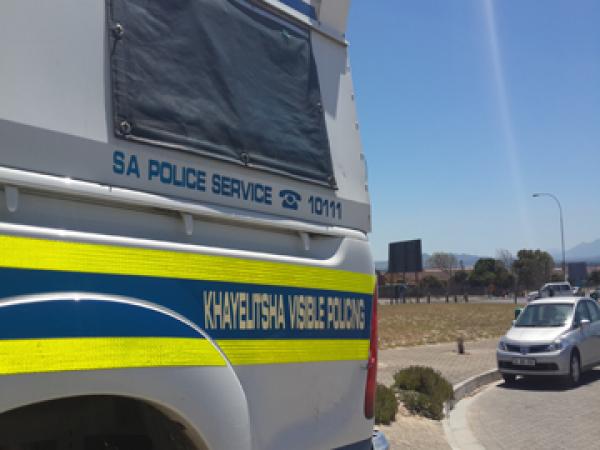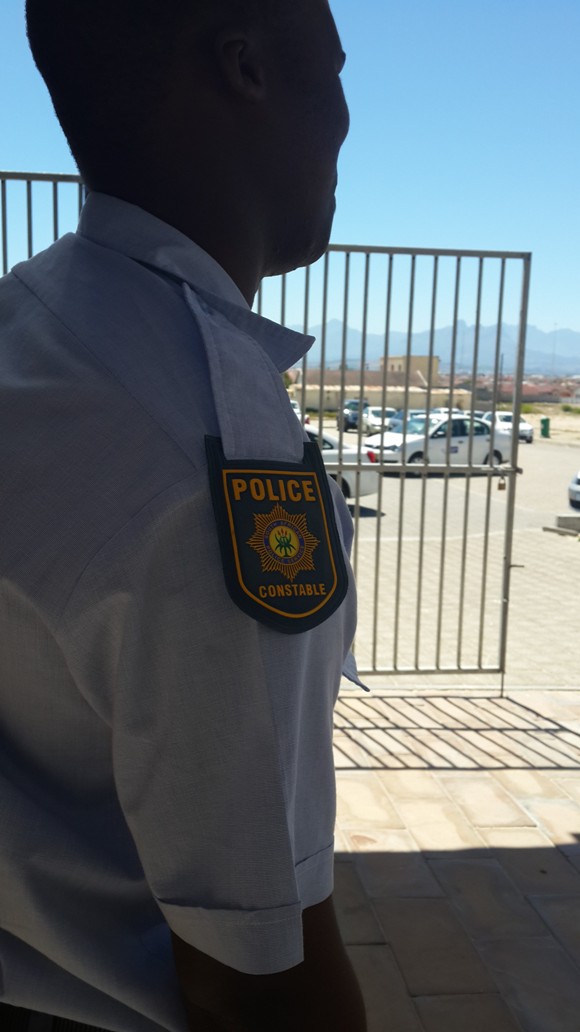Can Khayelitsha be policed?

The Khayelitsha Commission of Inquiry has entered its third week. Its aim is to investigate the allegations that SAPS have been inefficient in their policing of Khayelitsha and that there has been a breakdown in police-community relations.
We have heard testimonies from Khayelitsha residents of their experiences with SAPS and crime, as well as expert witnesses on various aspects of crime and poverty in the township.
Most of the witnesses have brought to light the poor quality of investigations, ineffective policing sometimes even criminal behaviour of SAPS officers. We have also heard how the lack of confidence in policing has led to high levels of vigilante crime.
In response the SAPS lawyers are trying to make the argument that Khayelitsha is unpoliceable. The argument goes that there is a lack of basic infrastructure, such as lighting, roads, sanitation and water. There is a high level of community anger towards the state. All this makes policing impossible. SAPS are at the ‘front line’ for the state in the township and therefore receives the blame and hostility directed at the state. In these circumstances, the police do the best they can. Although there have been incidents in which SAPS officers acted badly, these are being dealt with through internal disciplinary measures. The argument concludes that SAPS has been given an impossible mandate and therefore cannot be found to be inefficient. The proposed solution for safety in Khayelitsha is one that requires more than SAPS. What is needed is a multi-faceted approach, using various government departments and resources.
Is the argument compelling?
In the first week of the Commission, Phumeza Mlungwana gave evidence for the Social Justice Coalition (SJC). She argued, “Most of Khayelitsha is policeable’. Her testimony left a notable dent in SAPS’s case. She explained that Khayelitsha could be policed, using different techniques to other areas, but it was certainly not an impossibility.
Initially police legal counsel were bullish in their attitude to cross-examinations. Though as the evidence gathered momentum over the last week, Adv. Norman Arendse, lead counsel for SAPS, appeared nervous to cross-examine Mlungwana. He let the cross-examination be pushed back from Wednesday to Thursday and then from Thursday to Friday. The cross-examination finally took place on Friday morning. When Mlungwana walked in about 2 minutes after the Commission started, Arendse jokingly stated that he would like to apply to have a default ruling against her, as it was the “only way they could get out of this.” The cross-examination was relatively low-impact. Arendse did not question her on whether policing Khayelitsha is possible.
Professor Jeremy Seekings, from the Centre for Social Science Research at UCT, provided expert evidence on the sociological aspects of Khayelitsha. While being cross-examined by Arendse, Seekings stated that it is incorrect to say that SAPS are the only representatives of the state present in Khayelitsha. He explained that every day there are service providers and representatives of various aspects of the state present in the township. They are rendering services to residents such as distributing water, changing and cleaning toilets, cleaning the area, and so forth. SAPS are one of many parts of the state present in Khayelitsha
Dr Genine Josias is the Medical Director of the Thuthuzela Forensic Centre in Khayelitsha. She has been involved in providing and coordinating medical and psychological support to victims of sexual violence for many years. She explained that SAPS senior management are not responsive to the needs of their staff or the community. The number of cases that are closed without proper investigation is staggering. In many instances SAPS officials are not adhering to guidelines for treatment of victims of sexual violence, or basic rules of evidence collection and investigation. Dr Josias explained to the Commission that she felt sympathetic for the investigating officers she worked with. They are overworked and SAPS Senior Management does not support them.

Constable on duty at the Commission of Inquiry. Photo by Adam Armstrong.
Patrick Burton of the Centre for Justice and Crime Prevention spoke about youth perceptions of the police in Khayelitsha. The results of their research shows an almost complete lack of trust in the police. There is little incentive to report crimes to the police because the perception is that reporting crimes does not lead to a just outcome.
Arendse, in his responses to various accounts of poor police conduct, has relied heavily on references to internal police disciplinary measures. This is slowly losing credibility. There are about 360 police officers in Khayelitsha. A report produced by SAPS before the Commission started disclosed that in 2011, a staggering 291 disciplinary charges were instituted (some officers presumably were charged multiple times). The report gives the impression that internal disciplinary measures do not have sufficient effect on the township’s quality of policing.
As the evidence has taken shape, SAPS legal counsel has become more tentative when cross-examining witnesses. At least once, Arendse said, “I have no questions for this witness. What has happened to you is unacceptable, please can I have the case number so that I can follow up on this.”
But it is too early to dismiss SAPS’ arguments out of hand. We have so far only heard from witnesses summoned by the Commission and the Coalition of NGOs. In the coming weeks we will hear from witnesses called by SAPS which might bolster their arguments.

This article is licensed under a Creative Commons Attribution-NoDerivatives 4.0 International License.


